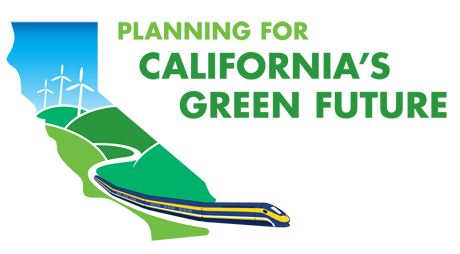 Over the balance of this year, you are likely to hear more and more about our broken Highway Funding system. For instance, William Moore, of the consultancy group Vianovo and member of the Transportation Transformation Group, wrote at Infra Insight this last 13 March that:
Over the balance of this year, you are likely to hear more and more about our broken Highway Funding system. For instance, William Moore, of the consultancy group Vianovo and member of the Transportation Transformation Group, wrote at Infra Insight this last 13 March that:
Absent swift action by Congress, state departments of transportation will begin to have cash flow problems that could delay payments to vendors and slow projects. Without action by the fall, new projects may have to be shelved until Congress can resolve the funding crisis that confronts the Highway Trust Fund.
However, this is just the most visible layer of pending crisis in our highway funding system. Even if we were to fix the threat to engage in spending at status quo levels,status quo spending has been falling behind the damage done by cars and trucks to our roads for decades, and even if we were to fund our transportation to address the massive shortfall in maintaining our current highway system, we have not seriously begun in addressing the fact that our current transport system is one of our principle contributor’s to our economy’s present climate change suicide course.
We have a trebly broken highway funding system, and there is no guarantee that we will actually address the simplest of the problems.
The good news is that we do not need massive technological breakthroughs to fix this triple layer cake of crisis. The bad news is that what we do need is a political movement with both the focus and the clout to push the existing available solutions onto the table, in the face of determined status quo resistance … and those who have at least glanced at our political system over the past decade would be aware that building such a movement is a “to be solved by reader” kind of problem.

 One element of the recent California HSR “revised” draft 2012 Business Plan (which we shall call the Other, Other Plan) involves looking to one particular means of finance in addition to general fund bond finance and Federal transport grant funding:
One element of the recent California HSR “revised” draft 2012 Business Plan (which we shall call the Other, Other Plan) involves looking to one particular means of finance in addition to general fund bond finance and Federal transport grant funding:
Recent Comments